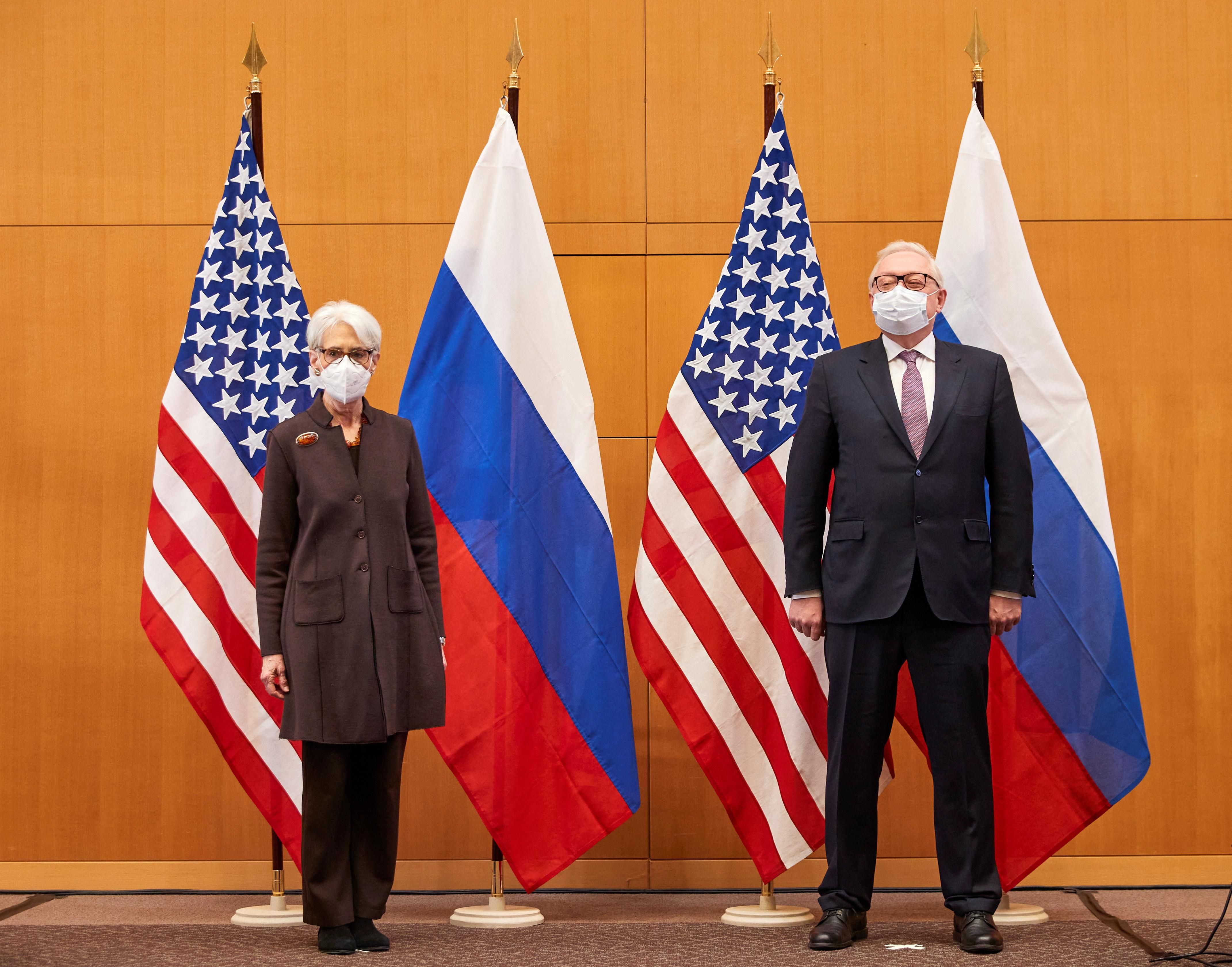What We're Watching: US and Russia in Geneva, mass testing in Tianjin, a big loss for Venezuela's Maduro
US and Russia in Geneva. Senior US and Russian diplomats opened talks in Geneva on Monday, kicking off a round of discussions between Kremlin and Western officials across Europe over the next few days. Vladimir Putin wants Joe Biden and NATO leaders to redraw the security map of Europe by promising that Ukraine, Georgia, and other Russian neighbors will never join NATO and that the security alliance will not place missile system in Ukraine. That would, in effect, redivide Europe into Western and Russian spheres of influence. The Biden administration and NATO officials have said they will not allow Russia to veto NATO membership for countries that want to join. European leaders have warned the US to honor these promises, and Ukraine’s government is watching and waiting as an estimated 100,000 Russian troops remain poised near the Ukrainian border. Russia says it will pursue its aims by military means if necessary. NATO says it's ready to respond. The US says any Russian incursion into Ukraine will draw harsh sanctions against Russian and more supplies of Western weapons for Ukraine. Putin began this game of chicken, and we’ll be watching in coming weeks to see how far he wants to push it.
Mass COVID testing in Tianjin. About 40 residents of the Chinese city of Tianjin have tested positive for COVID and some have been infected with the omicron variant. In response, the city will test the city’s entire population of 14 million people. Travel restrictions have been imposed, and health officials are working to trace the path of infection and to isolate everyone who might have been exposed. About 30 neighborhoods in Tianjin have been locked down. The stakes are especially high from this outbreak because Tianjin is just 70 miles from Beijing, which will host the Winter Olympic Games next month. This large-scale response to a relatively small number of COVID cases isn’t new for China, which has so far avoided the large-scale outbreaks COVID has inflicted on much of the rest of the world. But after a similar lockdown in the city of Xian, home to 13 million people, created food shortages and imposed other hardships, officials in Tianjin must hope that all goes much more smoothly. And China now faces one of its greatest national challenges in coming months in holding to a “zero COVID” policy while avoiding public anger and managing economic fallout as the highly transmissible omicron variant poses new challenges.
A stinging loss for Maduro. Venezuela's opposition has beaten the ruling socialist party of President Nicolás Maduro in a governorship race in the agricultural province of Barinas. The triumph of Sergio Garrido, a little-known leader of a leftist political party, is important for several reasons. First, Barinas is the home state of socialist stalwart Hugo Chávez. For decades, the rural heartland and the birthplace of Chavismo, the former leader’s socialist political ideology, has been a ruling party stronghold. (Garrido’s challenger was in fact the late Chávez’s son-in-law.) Second, Sunday's vote was a rerun from a spate of crucial state-wide races in November where Maduro allies triumphed, winning 19 of 23 governorships. After an opposition candidate won a close vote in November, a Maduro-packed court ruled he was ineligible to serve and called for a redo. Yet, on Sunday the opposition won again with a new candidate. As the international community has mostly turned its back on Caracas after a rigged national vote in 2018, Maduro has tried to rebuild a sense of political legitimacy. But this hugely embarrassing upset suggests that even rural voters who have long supported the Chávez-Maduro political platform may be fed up with economic stagnation, corruption, and sky-high poverty.
